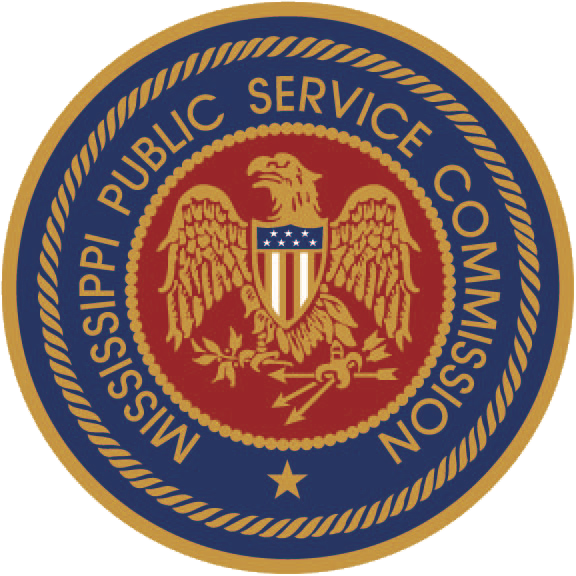Hurricanes and Major Storms
After a hurricane or major storm, it is important to recognize safety precautions necessary to protect you and your home. Following the utility related tips recommended below should help keep you safe during the storm recovery period.
- Be aware of new safety issues created by the disaster. Watch for washed out roads, contaminated buildings, contaminated water, gas leaks, broken glass, damaged electrical wiring, and slippery floors.
- Inform local authorities about health and safety issues, including chemical spills, downed power lines, washed out roads, smoldering insulation, and dead animals.
- If you smell gas or hear a hissing or blowing sound, open a window and leave immediately. Turn off the main gas valve from the outside, if you can. Call the gas company from a neighbor’s residence. If you shut off the gas supply at the main valve, you will need a professional to turn it back on. Do not smoke or use oil, gas lanterns, candles, or torches for lighting inside a damaged home until you are sure there is no leaking gas or other flammable materials present.
- Check the electrical system unless you are wet, standing in water, or unsure of your safety. If possible, turn off the electricity at the main fuse box or circuit breaker. If the situation is unsafe, leave the building and call for help. Do not turn on the lights until you are sure they’re safe to use. You may want to have an electrician inspect your wiring.
- During the clean up process, do not place debris on or near fire hydrants, utility boxes or gas meters. Dangerous gases could escape if utility boxes or gas meters are damaged during debris removal.
- Generator exhaust is toxic. Always put generators outside well away from doors, windows, and vents. Never use a generator inside homes, garages, crawlspaces, sheds, or similar areas. Carbon monoxide (CO) is deadly, can build up quickly, and linger for hours.
- Do not drink your well water until it is tested. Do not use the sewage system until water in the soil absorption field is lower than the water level around the house.
Ice Storms and Winter Weather
Heavy accumulations of ice can bring down trees and topple utility poles and communication towers. Ice can disrupt communications and power for days while utility companies repair extensive damage. It is important to not only be prepared, but to exercise safety during and after these winter storms.
- Stay well clear of any downed or damaged power lines. Establish a safe distance from the lines and report the incident to the responsible authority. Only properly-trained electrical utility workers should handle damaged power lines.
- Children should not have access to portable heaters, electric or fuel powered.
- If you are using supplemental portable electric heaters, never use an extension cord. Plug them directly into the electrical outlet.
- Always refuel heaters outdoors.
Earthquakes
Here are some tips to stay safe during an earthquake.
- If you are outdoors during an earthquake, move away from any utility poles, power lines, stree lights and other items which may fall during the event.
- If you are in your vehicle, pull over to a clear area and stop your automobile. Stay clear of power lines and utility poles.
- If you are cooking, turn off the stove and take cover.
Flooding
- Stay away from power lines and electrical wires. Electrocution is also a major killer in floods. Electrical current can travel through water. Report downed power lines to your utility company.
- Turn off your electricity when you return home. Even if the power company has turned off electricity to the area, you must still make certain your home’s power supply is disconnected. You don’t want the power company to turn it on without warning while you’re working on it.
- Be alert for gas leaks. Use a flashlight to inspect for damage. Don’t smoke or use candles, lanterns, or open flames unless you are sure that the gas has been turned off and the area has been aired out. Carbon monoxide exhaust kills. Use a generator or other gasoline-powered machine outdoors. The same goes for camping stoves. Fumes from charcoal are especially deadly-cook with charcoal only outdoors.
- Test drinking water for potability; wells should be pumped out and the water tested before drinking.
For other tips on safety in case of a flood, we recommend you read this brochure on the American Red Cross' website.
